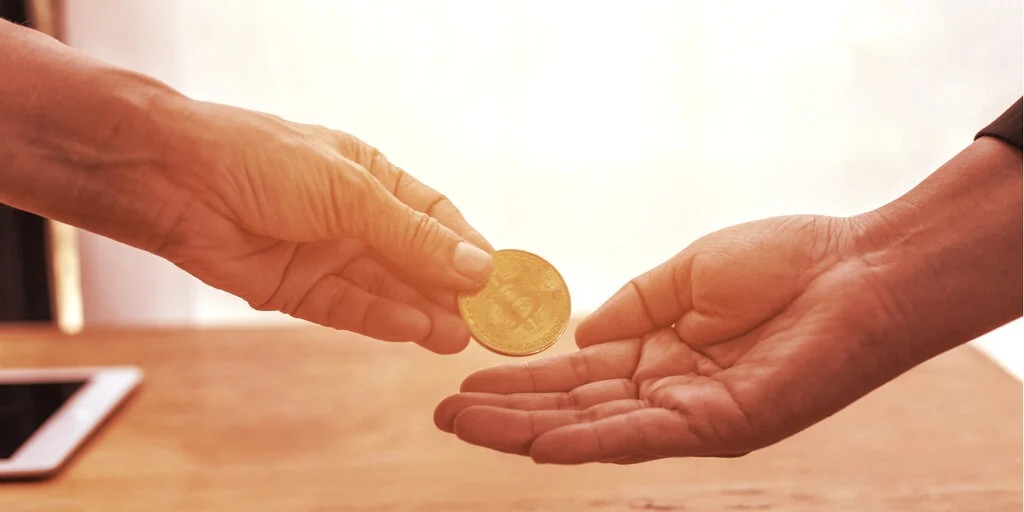
After the global COVID-19 pandemic of March 2020, something interesting took place. There were many interesting and terrible things that happened. One of the most interesting was a shift from crypto exchanges seeing net inflows almost every month to watching the BTC amount in exchange accounts steadily get smaller.
According to a report by crypto analytics firm Glassnode, Bitcoin net outflows have been an average of 96,200 coins per monthly for the past two-years. This has caused exchanges’ cumulative Bitcoin balances to reach’multiple-year lows’. They have fallen to their lowest level since august 2018.
Recent outflows have been mainly coming from a few familiar suspects: Binance and Bitstamp, Bittrex Coinbase, Gemini, Coinbase, Gemini and Kraken. (However, Binance and Gemini’s balances have increased noticeably over the past two-years, despite recent downtrends, mainly at the expense Coinbase.
Glassnode says that this is a sign that Bitcoin is moving away from exchanges to addresses that purchase Bitcoin periodically but don’t spend them – in other words, HODLers. These “accumulation addresses” can be owned by individuals, companies, or custodians. This category includes the Luna Foundation Guard, which bought $1.4 billion in BTC to back its algorithmic stablecoin. MicroStrategy subsidiary MacroStrategy also falls under this category.
However, this category doesn’t include all Bitcoin whales. Since late January, so-called shrimps have been taking in more coins than they share in circulation.
Glassnode reports that since December 1st, the balances of such accumulation addresses-both shrimps and whales-have increased by 217,000 BTC (nearly 10 billion). It was between $49,000 to $50,000 back then, but it is now just below $46,000.
The price has fallen over the same period, despite the fact that HODLing is increasing. It is best to not read too much into this, as net outflows or accumulation are only two data points of many (includes the amount people feel confident investing amid rising consumer prices). The price picture can also change by shifting comparison dates.
Glassnode argues that the daily amount of Bitcoin that is being accumulated is far greater than the new BTC created. It states that the scarcity and pristine nature Bitcoin as collateral might be back in the forefront.




